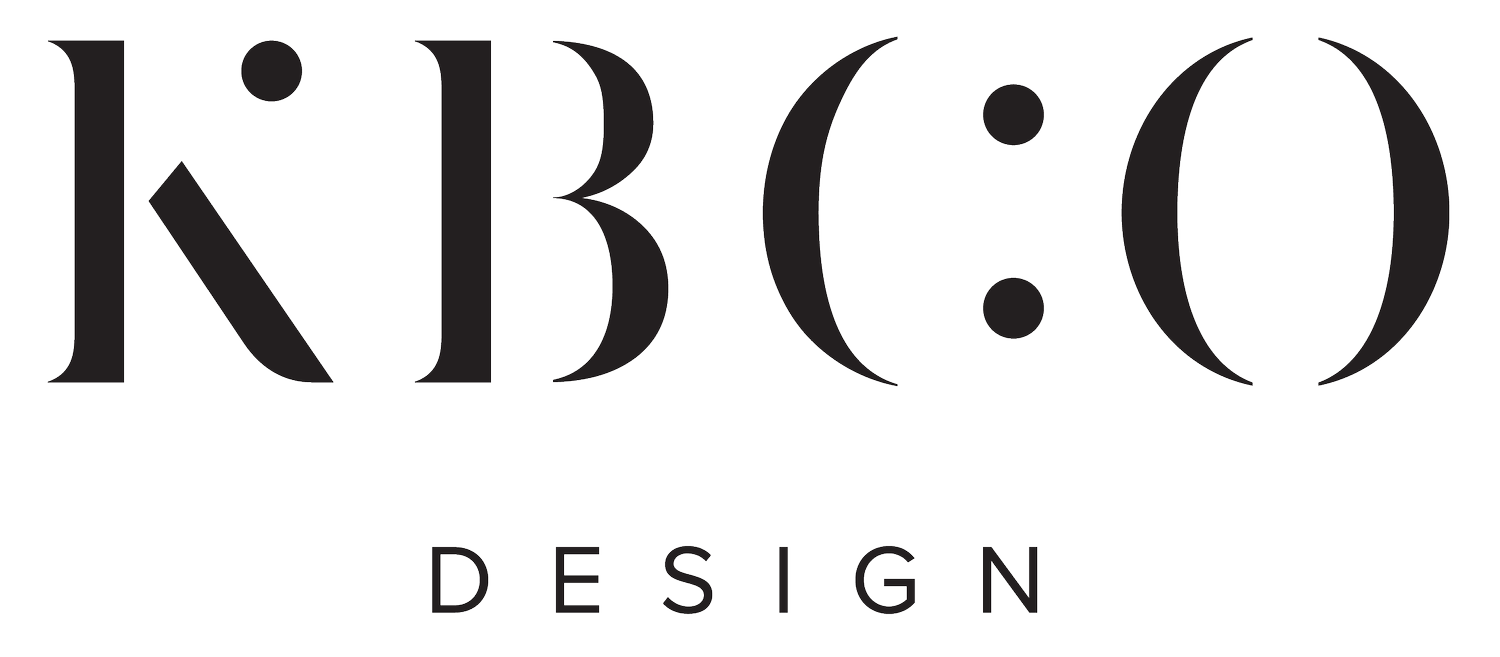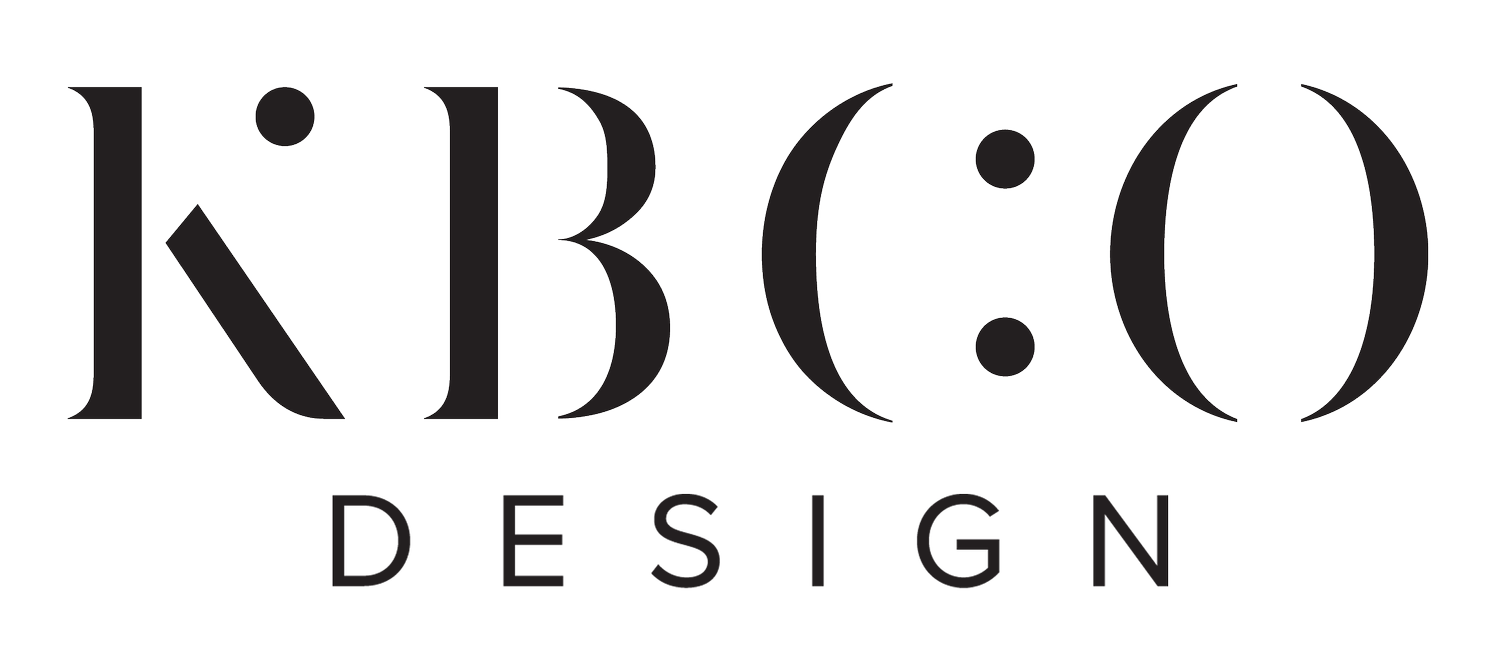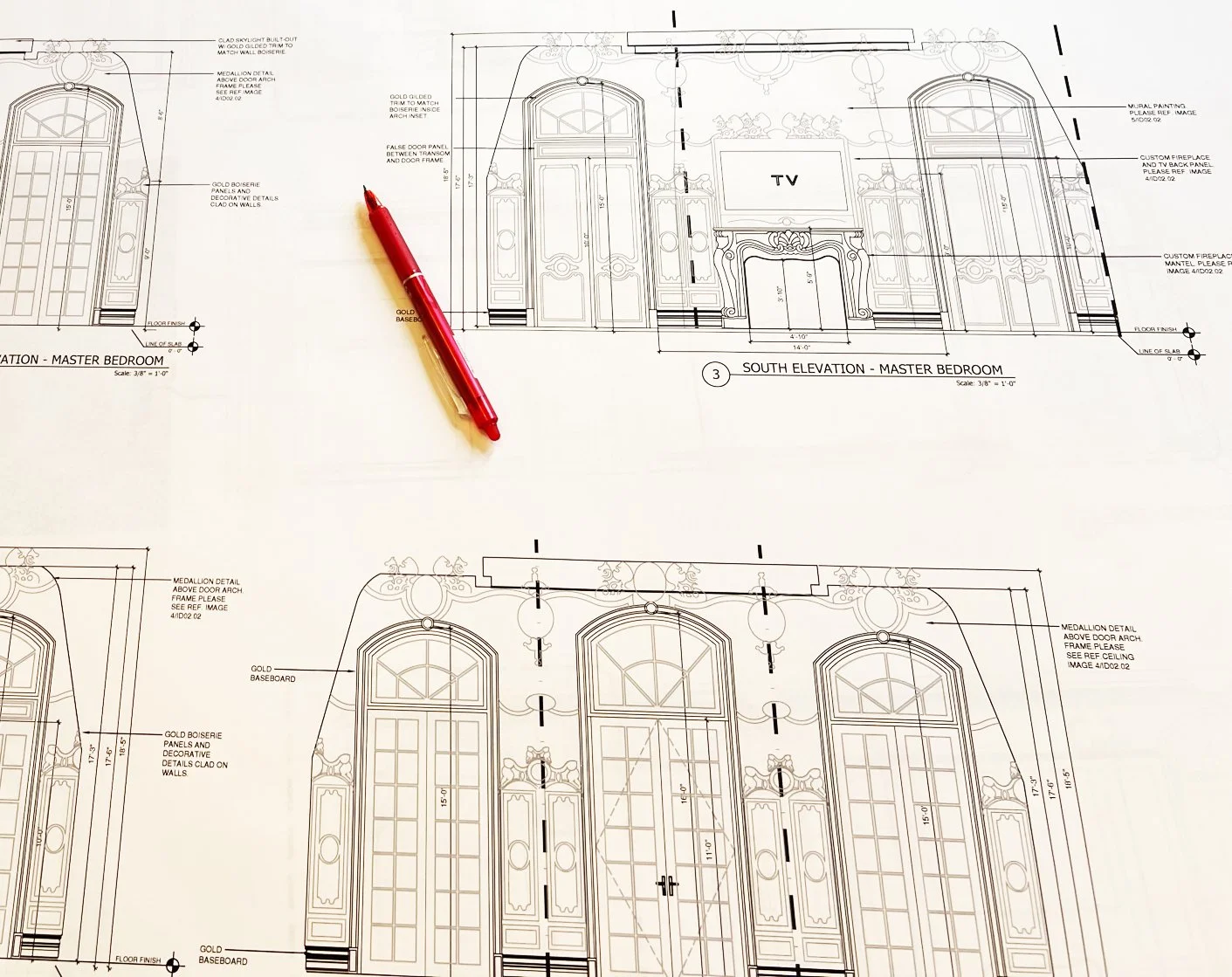Decorator vs Interior Design: What's The Difference And What Do You Actually Need?
So the time has come! You are ready to re-design your project and make some changes. After some contemplation, you realize you’re going to need a bit of help and upon Googling you realize some professionals describe their work as Interior Design, and others Decorators. You might be a little confused, what’s the difference? And more importantly, which one do you need?
Interior Design and Decorators are often mistaken for the same thing. It’s true, there are many similarities between the two roles. So many in fact, that opinions often vary on what the exact distinctions are. There are some significant differences, however, and it’s important to know them in order to hire the right professional for you.
The first port of call in helping you decide which help you need is to understand the differences between professional designers’ and decorators’ schooling, credentialing, services, and the types of clientele that they work with.
Let’s take a deeper look.
Interior Designer
Schooling
Interior Design is a role that requires specific training and study. Upon graduating, designers often apprentice with a registered and established interior designer before moving on to establish their own companies.
Credentials
In some states, designers are required to pass certain exams to register with specific councils. They cannot register as a designer until this is completed. However, this is not the rule everywhere, some states require no credentials to become registered.
What they actually do
Designers are very comfortable with spatial planning within a building. They can help you both design and renovate an interior space. They are able to draw up initial floor plans and help you place your decorative pieces once the building is complete. Designers don’t just simply help improve the look of a room, they help to enhance and improve the function of a room.
Who they work with
Designers work closely with architects and contractors to help you achieve the look you desire. They work in multiple settings such as residential homes, hotels, offices, and any interior space.
Interior Decorator
Schooling
To work professionally interior decorators are not required to have any formal training or schooling. This is due to the fact they focus primarily on aesthetics and do not aid in renovations or structural planning. A decorator comes in at the end of the building process to complete the look.
Credentials
While no official schooling is required to become an interior decorator, there are numerous courses and programs available, these focus on topics such as color, fabrics, space planning, furniture styling, and more.
What they actually do
A great decorator is highly skilled at coming into a room and transforming it with ease. They focus on the look and feel only. They help you choose a style, color palette, furniture, and accessories. They are often hired to transform editing spaces that do not require renovation.
Who they work with
Decorators tend to work alone, meaning that they don’t generally work with any contractors or architects. This is due to the fact they are not trained to aid in any structural planning. They may, however, work with certain furniture makers, upholsterers, and other industry professionals.
How do I know who to work with?
Who you hire is entirely dependent on your needs. Are you looking to simply spruce up your home? Or are you looking for more structural changes that require renovation works? Your needs determine the professional, so it’s important to know what you want when looking for the right person for the job.
Structural changes to consider include things such as plumbing works, removing/adding walls and windows/doors, re-wiring your home, etc. If you’re wanting significant changes then hiring a designer may be your best option.
If you are wanting to change the look and feel of your space or a room, then a decorator could be the professional for you. Experienced decorators can transform a space that does not need any structural change.
Essentially, your needs are what determine your choices. What you want to note is that the most important part of the search process is looking for a professional who is experienced in the type of transformation that you desire. Experience always trumps credentials and schooling. Many designers focus solely on decoration, so give yourself time to research both local designers and decorators and look at their past projects and testimonials.
You will want to make sure that not only do they have the professional skills that you need but you also align with their styles. Get familiar with the types of projects they work on, learn more about their areas of expertise, etc. Share your skills and expertise
When hiring a professional, begin with clearly understanding your own needs and desires. Search for a professional who has a proven reputation for meeting those needs, no matter what the formal job title.
The best and easiest way to know is to get in touch!



